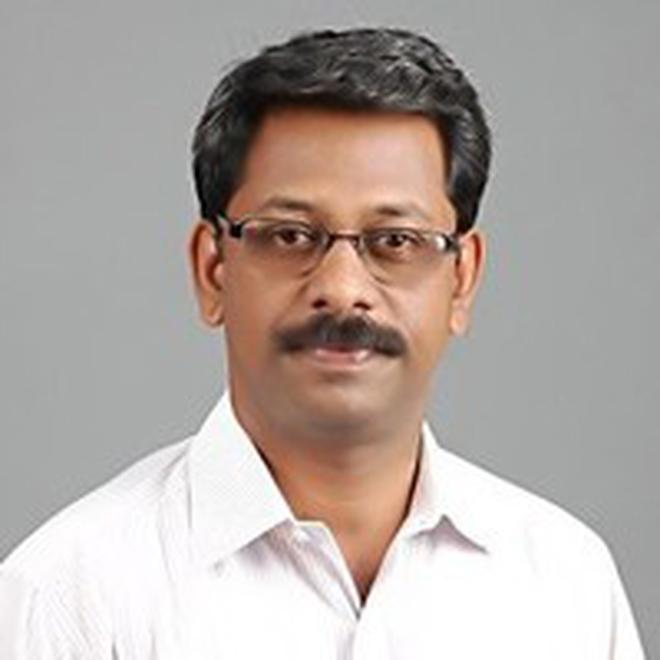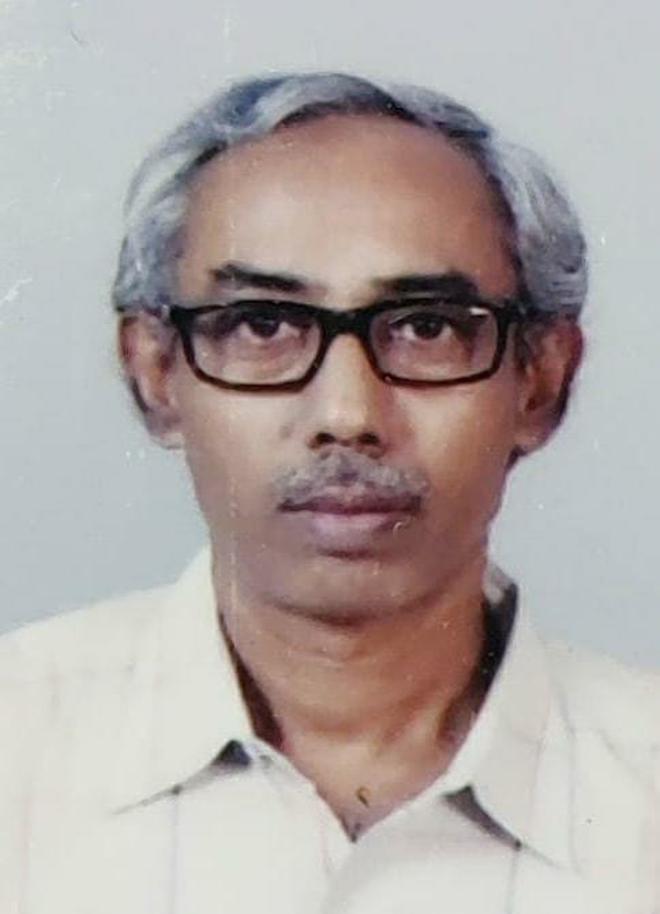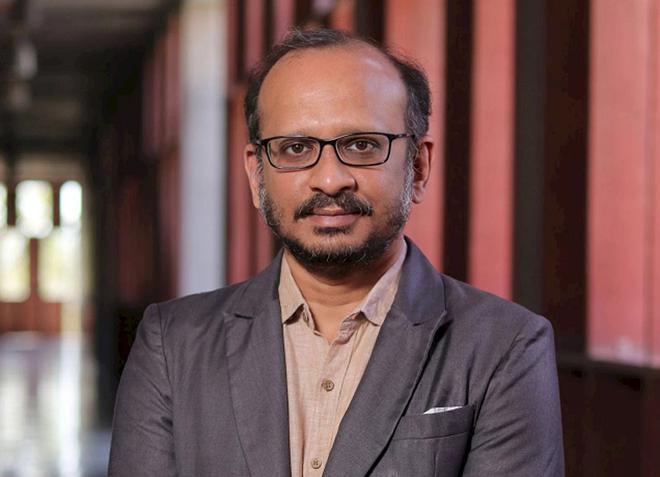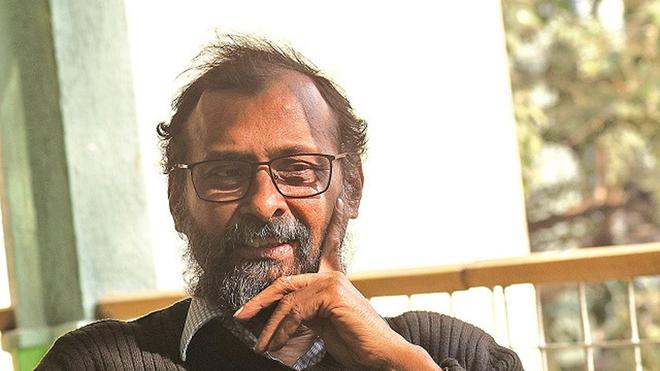When academician and literary historian Professor N.S. Gundur began thinking about Kannada texts that readers beyond the Kannada world should read, he started by making a list of books. “I ended up deleting most of the titles because they largely spoke to Kannada audience,” says Gundur, one of the three recipients of the first edition of the New India Foundation (NIF) Translation Fellowship, which seeks to bring knowledge texts from various Indian languages to English.

One text, however, stayed on the list: DR Nagaraj’s Allamaprabhu Mattu Shaive Pratibhe, a book posthumously published in 1999. “Its reach is cosmopolitan, but it is written in Kannada,“ he says of the text, which focuses on the life and teachings of the 12th-century poet and mystic Allama Prabhu, a key figure in Karnataka’s revolutionary Vachana movement. “The book is a radical reading of the vachanas,” he says. The Vachanas were a product of a literary and social movement that, at once, broke away from several literary and social conventions of the day.
“Nagaraj brings in a lot of other religious and intellectual traditions of premodern India and connects the life of Allama with these traditions,” adds Gundur, who currently serves as a Professor in the Department of Studies and Research in English at Tumkur University, Tumakuru (Karnataka). “It is a fascinating study of medieval Kannada literature.”



The other winners of the first edition of NIF fellowship are Venkateswar Ramaswamy (literary translator) and Amlan Biswas (statistician) who are translating Nirmal Kumar Bose’s Diaries 1946-47 from Bangla and Rahul Sarwate (academician and historian) who is translating Sharad Patil’s Marxvad: Phule-Ambedkarvaad from Marathi
Comveying complex ideas
This need to communicate these complex ideas and deep knowledge embedded in our bhasha texts to a larger audience is at the core of the NIF Translation Fellowship, which recently announced the commencement of applications for the 2nd round to be awarded in 2024. “We do think a lot about translation in India, but it tends to be centred on fiction,” says Yauvanika Chopra, Associate Director at the NIF. According to her, the lack of a translation ecosystem in non-fiction could possibly stem from the sheer complexity of the country. “Even from state to state, there are very different levels of awareness about homegrown thinkers because their work, ideas and theories aren’t translated into pan-Indian consciousness,” she says.
Additionally, as Yauvanika points out, many cultures in India are still largely oral. “If there is no material text, how does one conserve it? ”she asks, reiterating that translating non-fiction is daunting, something Professor Gundur echoes. He highlights other challenges, in particular ones related to conveying the nuances and intertextuality of regional writing. “Text is not merely language. There are many voices, forces, ideologies and ideas. How to bring that ecosystem in is the challenge.”
And yet, it is very important. “We were thinking about the lack of Indian knowledge tradition and felt that unless we made a concerted effort, they wouldn’t organically come into the mainstream,” says Yauvanika, delving into the raison d’etre of the translation fellowship. “If we aren’t aware of the intellectual traditions in our own languages, that is a crisis. The hope is ambitious…to talk to each other and understand the way other people think,” she says.
Applications for this 6-month-long fellowship, which awards a sum of ₹6 lakhs, mentorship and support to translators and writers working on translating texts in 10 Indian languages —Assamese, Bangla, Gujarati, Hindi, Kannada, Marathi, Malayalam, Odia, Tamil and Urdu—to English, will close on December 31.
“The fellowships are not just about the monetary aspect, though it is a very generous fellowship,” says Yauvanika. “It is also about how much institutional support we can provide for a career that is so isolated and isolating,” she says, adding that NIF also provides editorial and administrative support as well as legal assistance.
A rich language tradition
The translation fellowships will be chosen by a jury that includes both NIF Trustees — political scientist Niraja Jayal Gopal, historian Srinath Raghavan, and entrepreneur Manish Sabharwal — as well as NIF’s language expert committee, which comprise eminent scholars, translators and writers, such as Vivek Shanbhag, AR Venkatachalapathy, K.R. Meera and Rana Safvi.
According to Shanbhag, a noted Kannada writer, India has always had a long tradition of knowledge transfer between various bashas. “Most Indians know more than two languages; we go out and converse in a language and come home and speak another,” he says. “We keep doing this translation every day without knowing that we are translating. We have this great opportunity because so many languages are alive and living together,” he says, drawing a parallel between the subcontinent and Europe, where many languages exist within a small geographical area. “Reading translated texts helps us get to know the literature, culture, and, going a step forward, the knowledge systems created in these languages,” he says. “Anyone will enrich their knowledge and experience by knowing the views and other experiences of other people and cultures.”
And yes, the translation of these texts into English is important because it expands reach. “Bringing that into English is important because the discussions that you see today, especially in non-fiction, happen in English,” says Shanbhag. He is also keen that the knowledge systems within the Indian languages be shared with the world. Take, for example, the 12th-century Vachana movement, which rejected caste, possibly the first such movement in the country to do so. “There are so many books, non-fiction writing about this period in Karnataka,” he says, pointing out that DR Nagaraj’s Allamaprabhu Mattu Shaive Pratibhe, which Professor Gundur is translating, is one such text.
“There is a shift in the social and intellectual life of the English language in India,” says Professor Gundur, who believes that translating basha texts into English can make a significant difference in our appreciation of Indian knowledge systems and social discourse. “It is not merely a fellowship for translation, but a fellowship for research. The idea of translation as research is very fascinating,” he says.
To know more, log into https://www.newindiafoundation.org/nif-translation-fellowship







